President Ruto Takes Firm Stance Against ODM Dissent Over Unity Pact
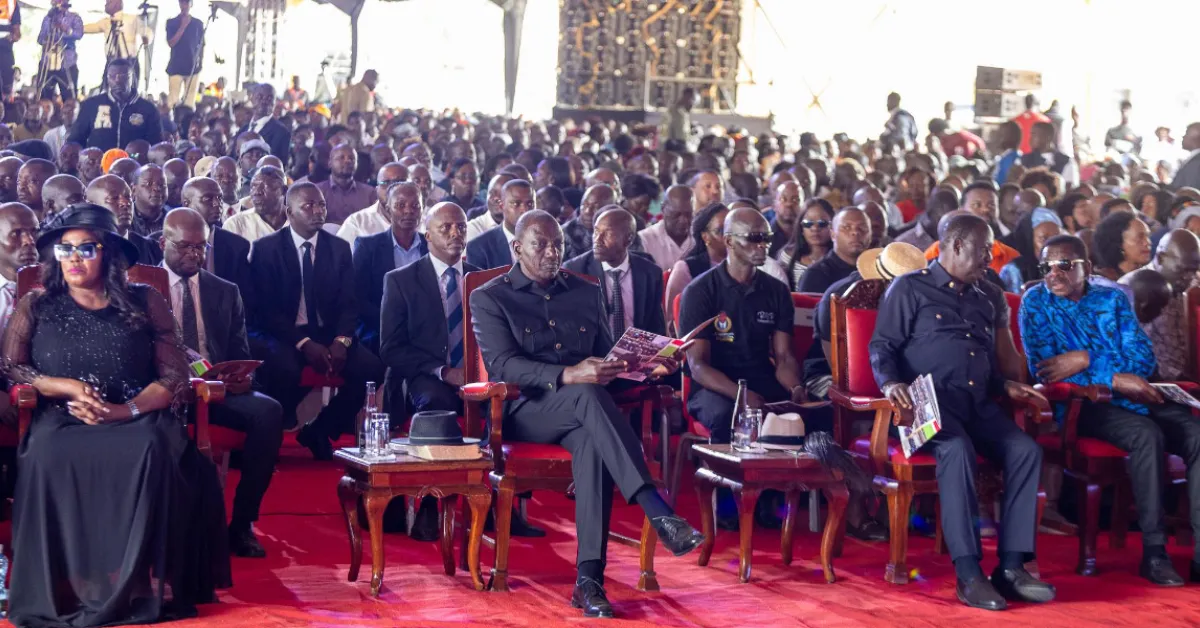
Political tensions are escalating within the Kenyan government as disagreements emerge over the implementation of a Memorandum of Understanding (MoU) between President William Ruto’s United Democratic Alliance (UDA) and former Prime Minister Raila Odinga’s Orange Democratic Movement (ODM).
Signed on March 8, the pact was intended to foster national unity, but recent incidents have raised concerns about its continued viability. President Ruto, in a direct response to mounting criticism, has addressed allegations that his administration is undermining the MoU, particularly concerning accusations of state overreach and the weaponization of political power. This marks his first significant reaction to growing unease that the agreement, initially designed to bridge political divides, is faltering under the pressures of governance.
Key figures within the ODM, including Raila Odinga, his brother Dr Oburu Oginga, National Assembly Minority Leader Junet Mohamed, Energy Cabinet Secretary Opiyo Wandayi, and ODM National Chairperson Gladys Wanga, have voiced their continued support for the MoU. They emphasize its role in stabilizing the nation’s political climate during times of upheaval. The Ruto-Raila alliance previously demonstrated its strength by providing critical support to the President, notably during the impeachment proceedings against Deputy President Rigathi Gachagua last October.
This partnership also played a crucial role in mitigating widespread discontent, especially among Kenya’s youth, which had been a persistent challenge for the administration. Recent events, however, have cast a shadow on the effectiveness of the pact. Last Thursday, during the National Drama and Films Festival in Nakuru County, police teargassed students from Butere Girls High School who were attempting to perform their play, “Echoes of War.”
The play, written by former UDA Secretary-General Cleophas Malala, has been criticized for its contentious themes and is seen by many as an example of state overreach. During the funeral of Raila's bodyguard, George Oduor, in Siaya County, ODM Secretary-General Edwin Sifuna condemned the government’s actions. “The Nakuru drama where children were teargassed and not allowed to perform their play was very unfortunate. The President needs to read the riot act to those responsible,” Sifuna stated.
These events occur against a backdrop of broader allegations against the state, including the use of security forces for political gain, delays in disbursing funds to counties, abductions of government critics, and increased taxation. Sifuna also highlighted what he described as unfair treatment of the ODM, citing a Sh 42 million reduction in their allocation from the Political Parties Fund, which he argues undermines the party’s ability to fulfil its obligations under the MoU, particularly concerning adherence to the law and equitable treatment of political entities.
Siaya Governor James Orengo echoes these concerns, warning against the misuse of state apparatus. “Praise and worship will not take us anywhere. This country will go to the dogs again if the language I’m hearing continues,” Orengo remarked, urging leaders to address uncomfortable truths. ODM Deputy Party Leader Godfrey Osotsi expresses similar unease regarding the government’s commitment to the pact. In an exclusive interview, he states that the administration’s actions contradict the spirit of the MoU, which emphasizes respect for constitutionalism, citizen rights, and press freedom.
“Our agreement covered ten key issues, including rights and freedoms, and we believe recent incidents go against these principles,” Osotsi noted.
The 10-point MoU outlines priorities such as equitable public appointments, devolution support, youth empowerment, integrity in leadership, and anti-corruption measures. It also seeks to address past injustices, audit public debt, and ensure constitutional adherence. As cracks in the alliance become increasingly apparent, questions are being raised about the long-term sustainability of the agreement.
ODM insiders suggest that the party’s plan to field a presidential candidate in 2027 could further strain the coalition. While Raila has reiterated that the ODM is not part of the government and only provides expertise to stabilize governance, his recent declaration in Mombasa that the ODM would contest the presidency has spurred speculation about a potential primary process. Some insiders have suggested this could involve a joint nomination, where the runner-up’s party secures the deputy president’s slot.
Despite these mounting challenges, ODM members have been cautious in publicly criticizing the agreement, aware of its initial promise to unite a divided nation. President Ruto has emphasized the need for unity, attributing progress in housing, markets, and infrastructure to the pact.
“What you have done has allowed us to make strides in key areas. Our nation has consistently been undermined by divisions, and we must work together to forge unity for Kenya’s sake,” he stated.

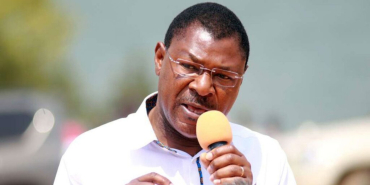
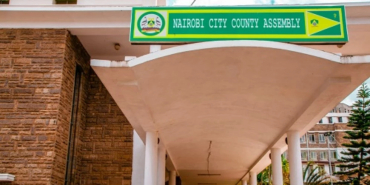
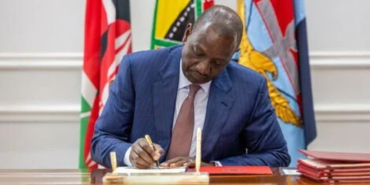
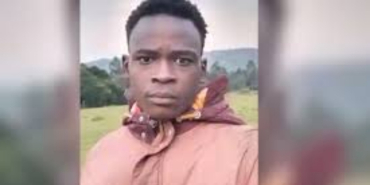
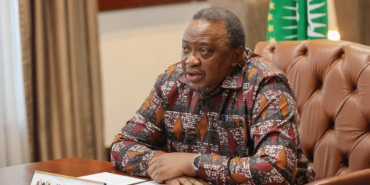
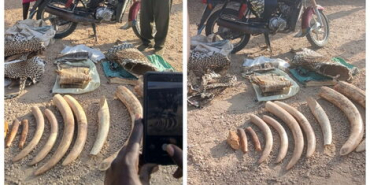
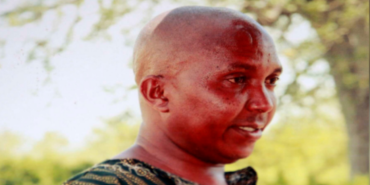
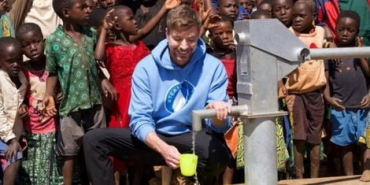
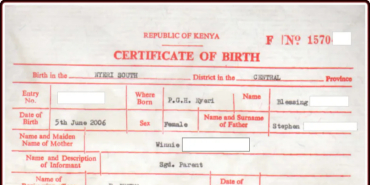
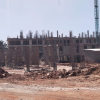


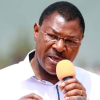
Add new comment